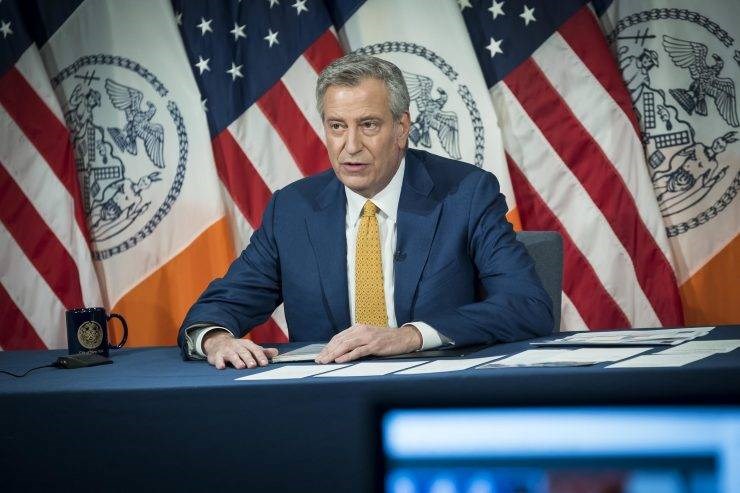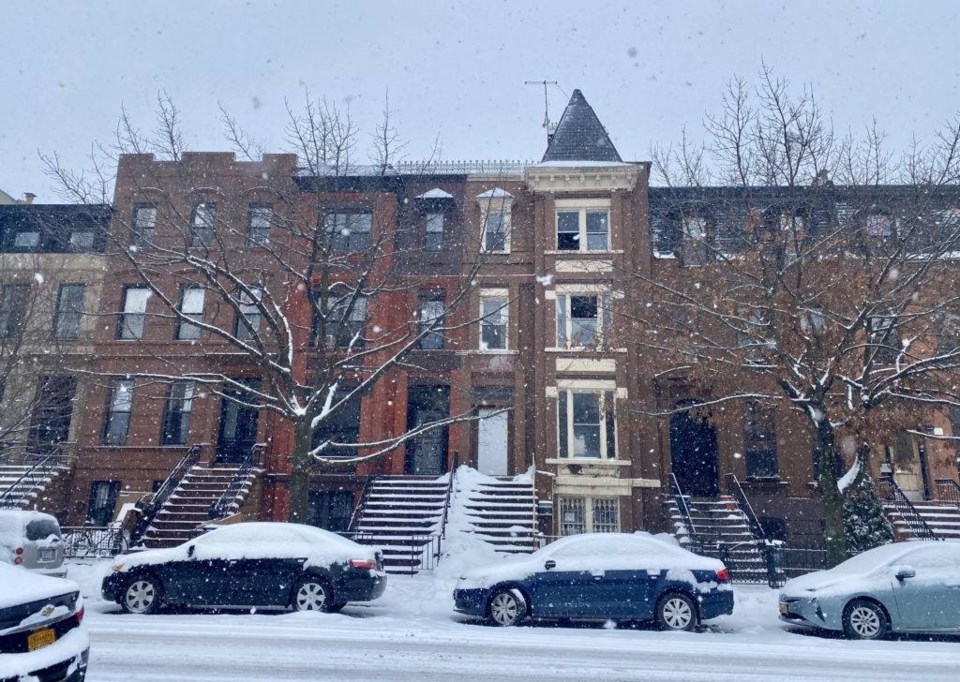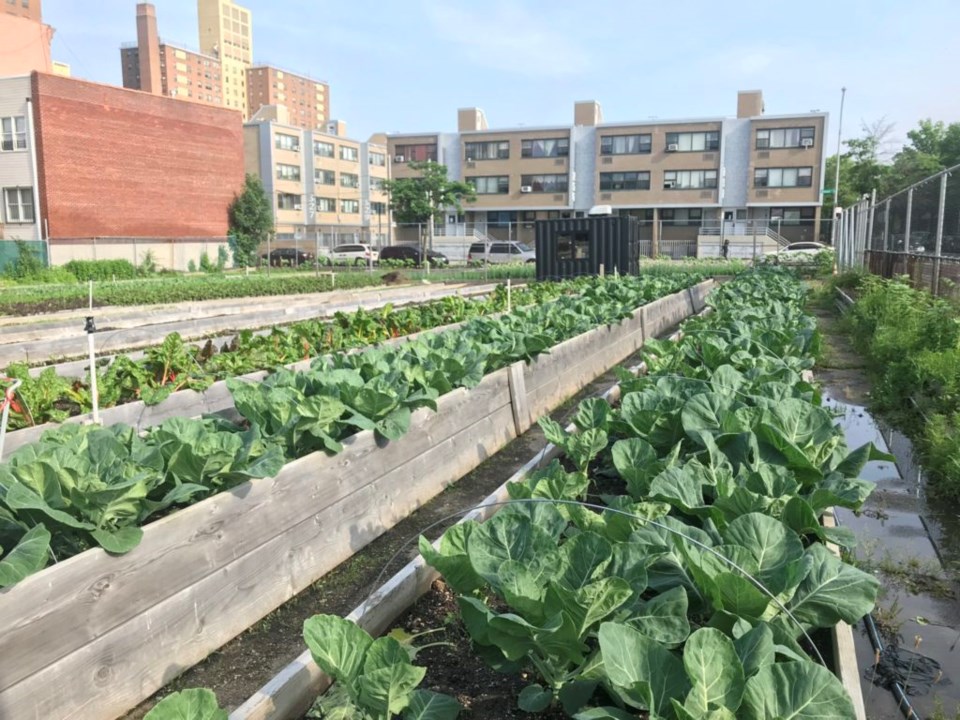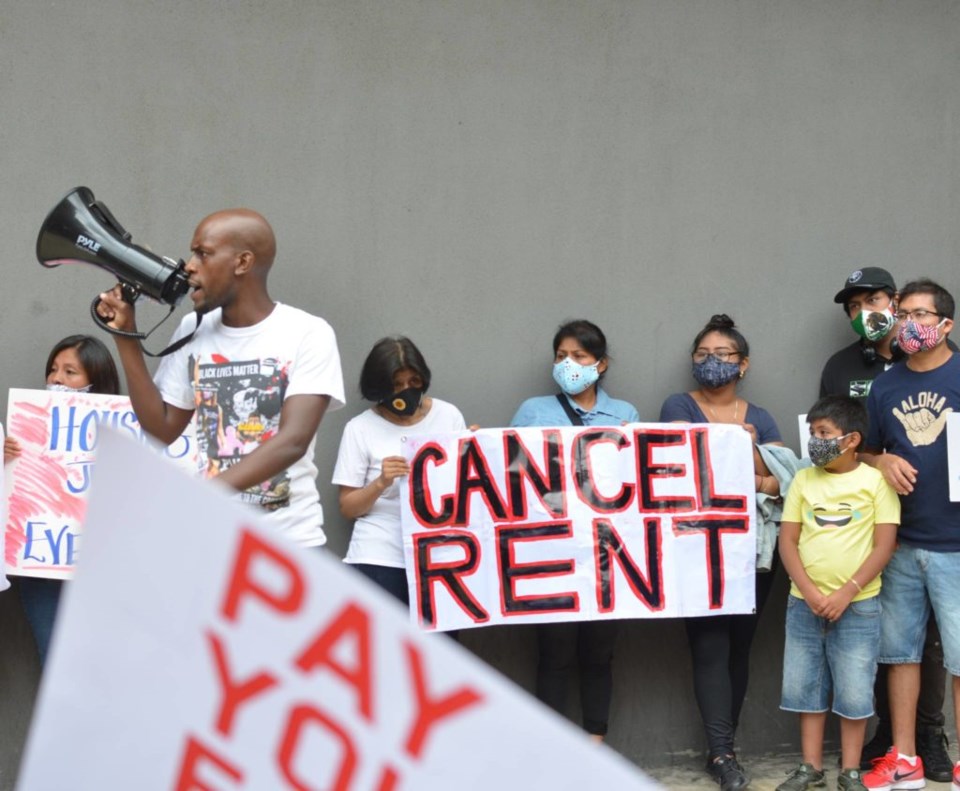The City wants your ideas.
Specifically, on how low-income households and households of color can build wealth through collective ownership of neighborhood assets such as homes, businesses and land.
On Wednesday, the City's Department of Housing Preservation and Development (HPD), the Economic Development Corporation (NYCEDC), and the Department of Consumer and Worker Protection (DCWP) put out a joint Request for Information on the issue of Shared Equity.
Shared Equity is another name for shared ownership or co-ownership.
It might look like community members pooling their money to buy an asset, and sharing in its profits in losses, rent-to-own models, public land trusts, green economy models, community land trusts, worker cooperatives and more.

"Even in challenging times, low-income individuals and communities of color -- working together -- have immense capacity to drive innovation, recovery, and resilience," Deputy Mayor for Strategic Policy Initiatives J. Philip Thompson said.
"Through this Request for Information about shared equity strategies, we hope to identify new solutions from community experts that can help us catalyze an equitable recovery."
The City said the pandemic had exacerbated long-standing disparities, and had pushed the need to explore "new tools" to close racial and wealth gaps.
"In order to advance an equitable recovery for all, we need to use tried and true methods of breaking down historic barriers to building wealth," Deputy Mayor for Housing and Economic Development Vicki Been said.
"We look forward to seeing all the great proposals that come out of this request for information."

The City has been investing in shared equity strategies for decades, it said in a press release.
It said those strategies have been successful at giving low-income households and households of color opportunities for sustainable ownership, wealth building, and stability, while ensuring long-term affordability of neighborhood assets.
Examples include limited equity cooperatives, Housing Development Fund Corporations and mutual housing associations, as well as community land trusts -- nonprofit, community-based organizations designed to ensure community stewardship of land -- that create and preserve affordable housing and homeownership opportunities on City-owned land.
It said in the past year, the city had made significant strides toward expanding the its shared equity housing stock.
In March 2020, HPD provided rehabilitation financing and a new Article XI tax exemption to enable the ongoing affordability and operations of more than 300 units of affordable co-op and rental housing as part of the Cooper Square Community Land Trust in Manhattan.

Another example is worker cooperatives. The City said it has increasingly invested in worker cooperatives to create sustainable jobs and build community wealth.
At the end of 2020, the City launched Employee Ownership NYC, an inititative that supports businesses and workers to adopt an employee ownership business model.
"As this administration works towards an equitable recovery for all New Yorkers, we're looking for new ways to stabilize low-income and marginalized communities, while also providing long-term residents with opportunities to build wealth as their communities bounce back," HPD Commissioner Louise Carroll said.
Respondents are encouraged to share their expertise related to the structure, operations, financing, benefits and challenges of shared equity housing and economic development models.
Any entity involved in shared equity models of housing and economic development are encouraged to apply, including community-based, nonprofit, or grassroots organizations, municipalities, affordable housing developers, banks, lenders, Community Development Financial Institutions, philanthropic organizations, and research institutions.
Interested parties can apply for the Shared Equity RFI online by June 9 at 4pm.
With the information gathered, HPD expects to release a subsequent Request for Proposal.




